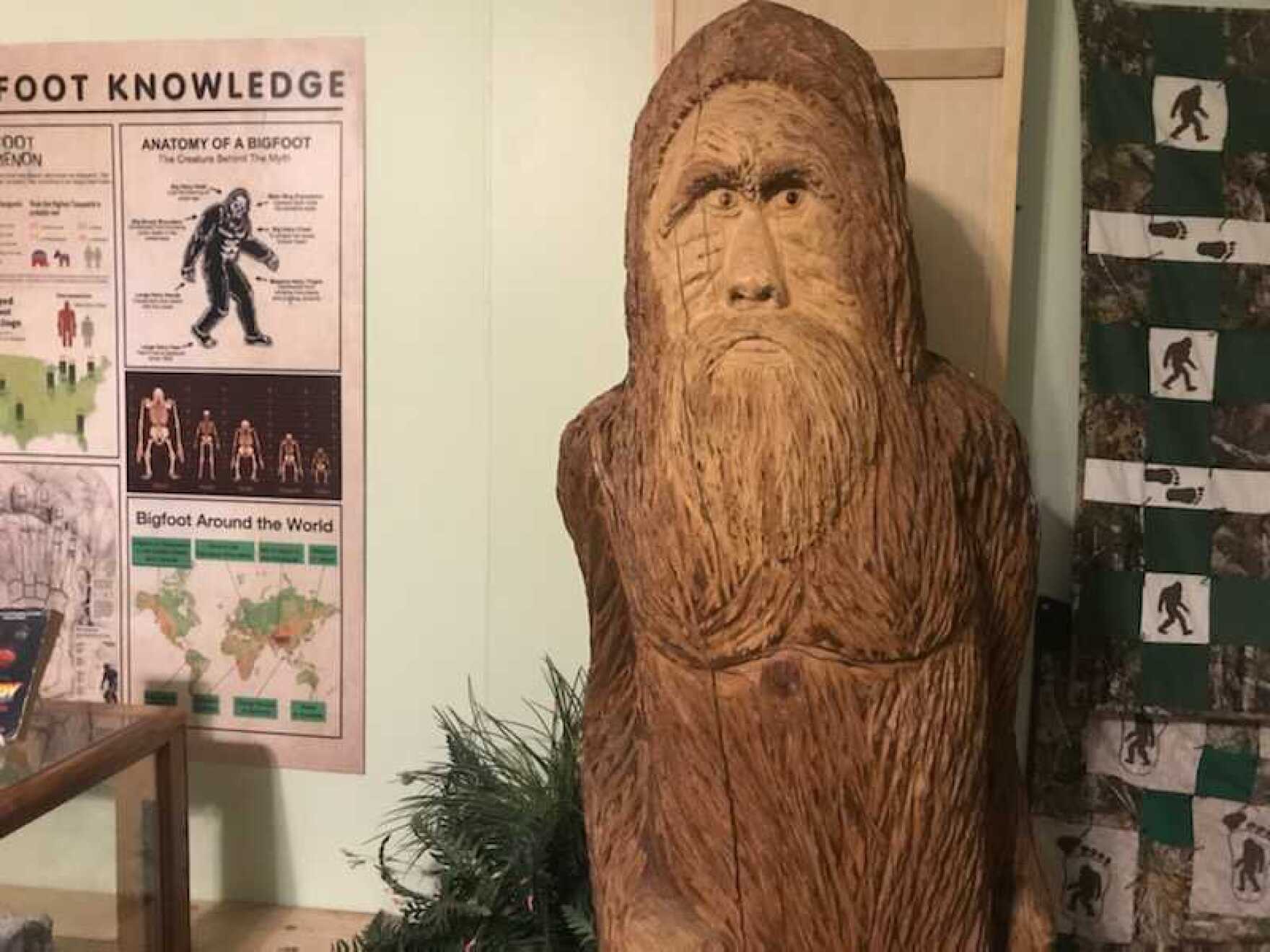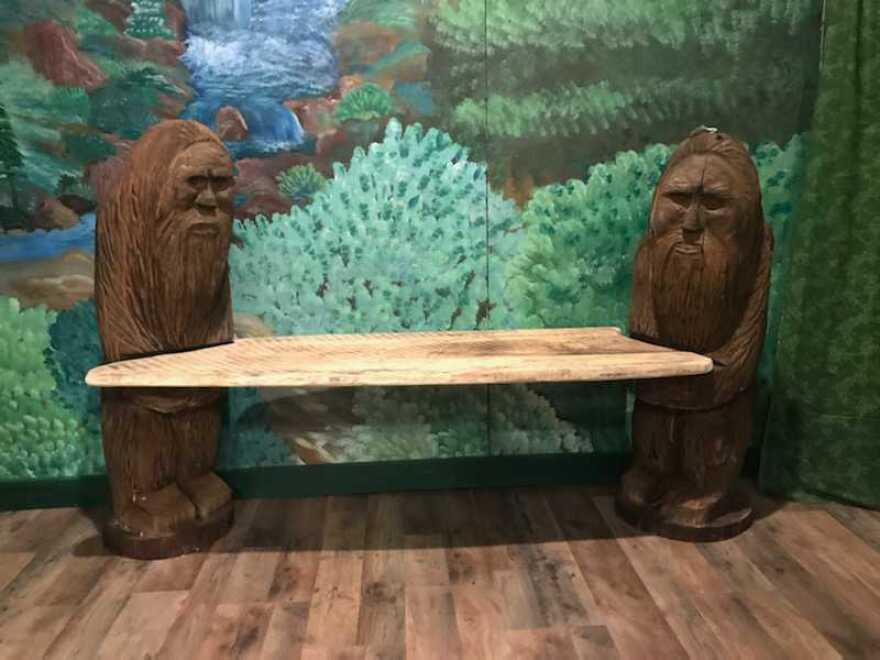Oscar Micheaux, Kathleen Driskell And Soul Food, Inside Appalachia
This week, in the 1920s, Oscar Micheaux was an entrepreneur filmmaker in western Virginia. He became a world-renowned director and producer. Also, Kentucky’s poet laureate lives down the road from what has been called the country’s most lethal cryptid. Attempts to spot it have led to deaths. And, we talk soul food with Xavier Oglesby, who’s passing on generations of kitchen wisdom to his niece.
Continue Reading Take Me to More News

























